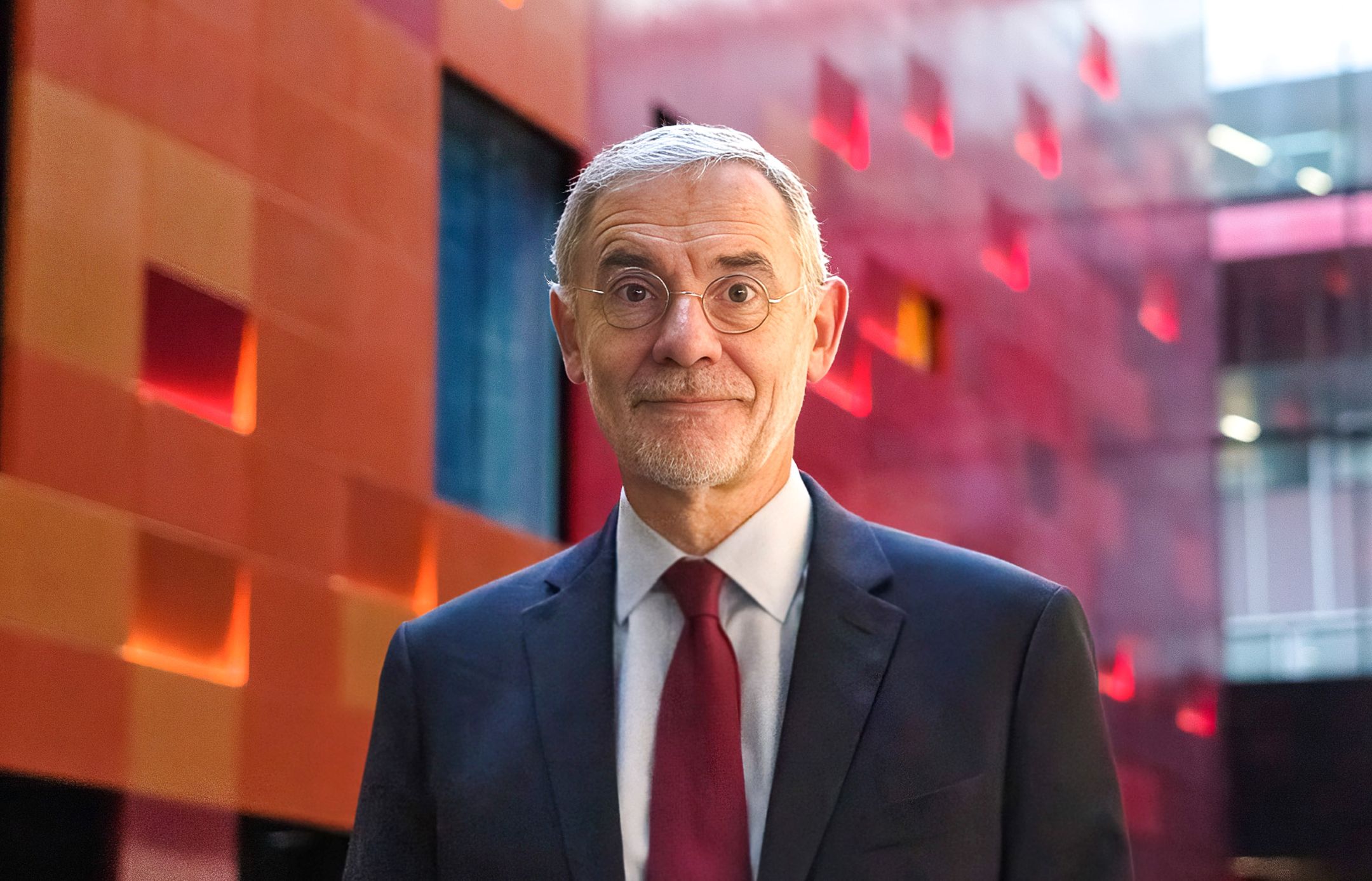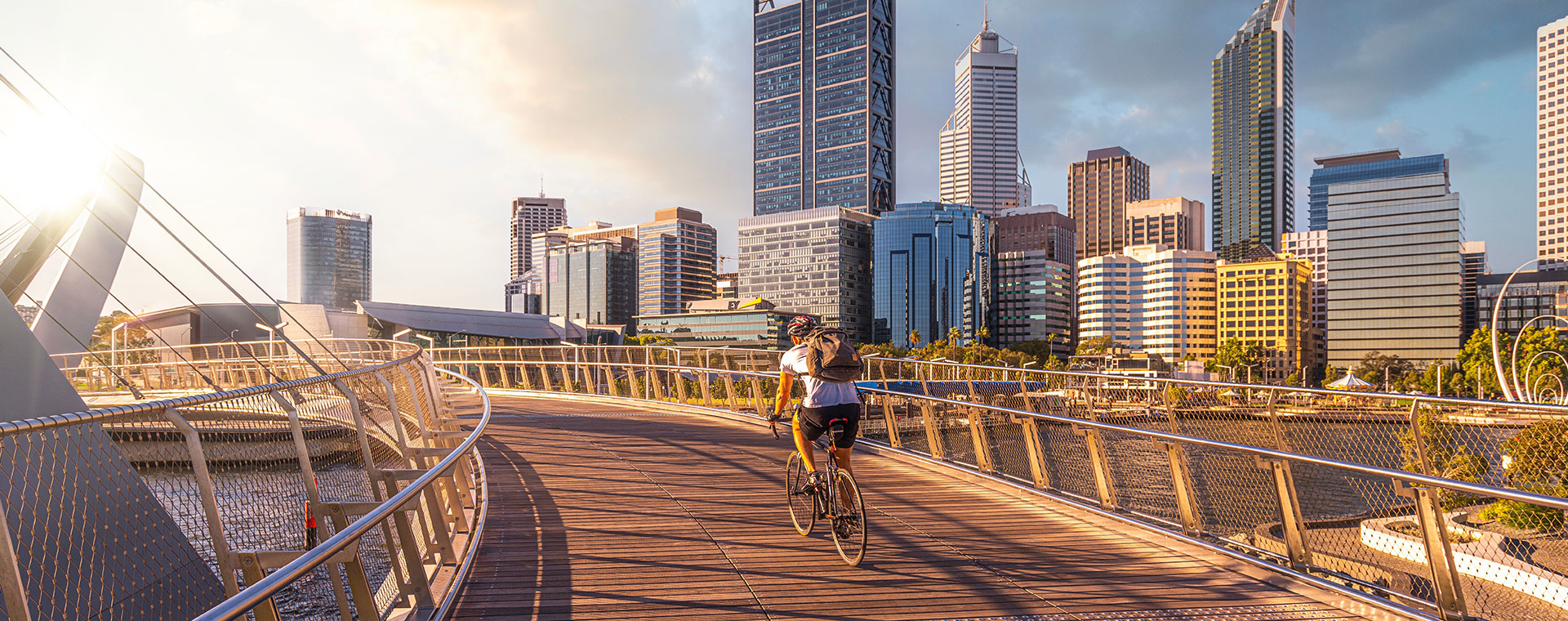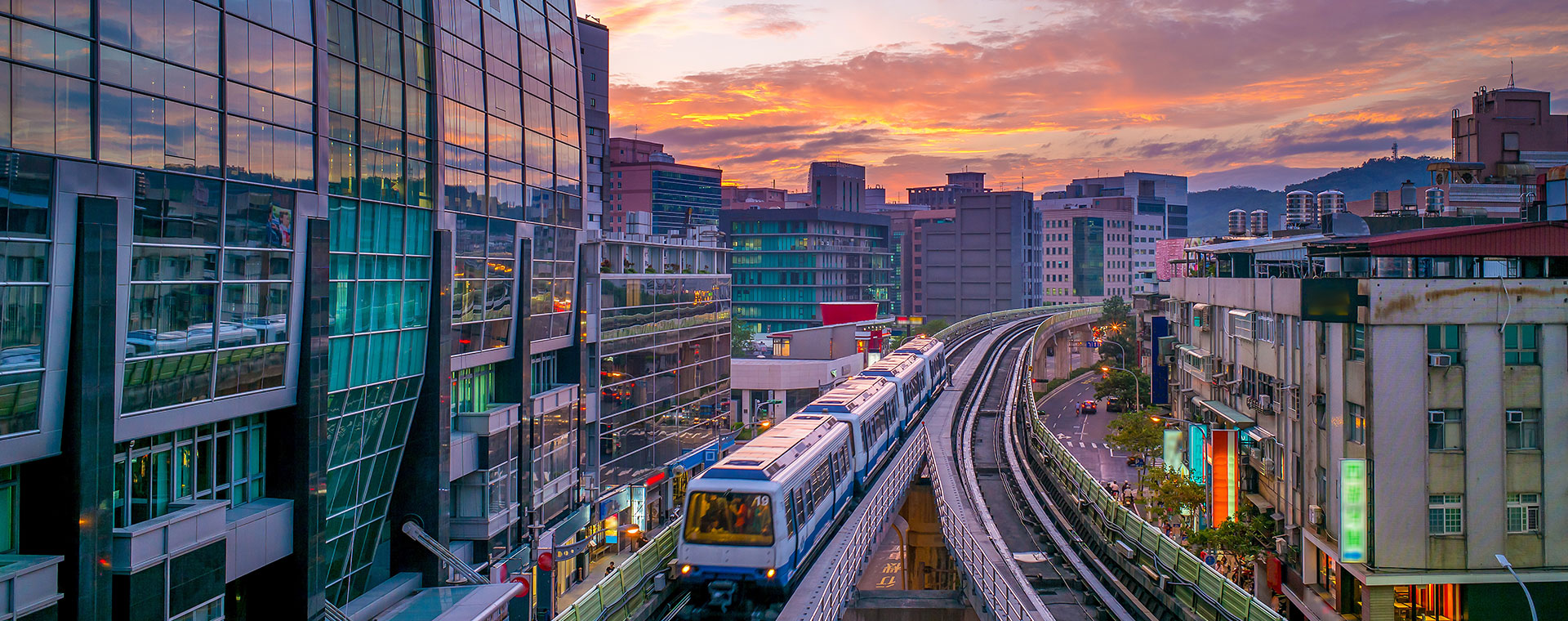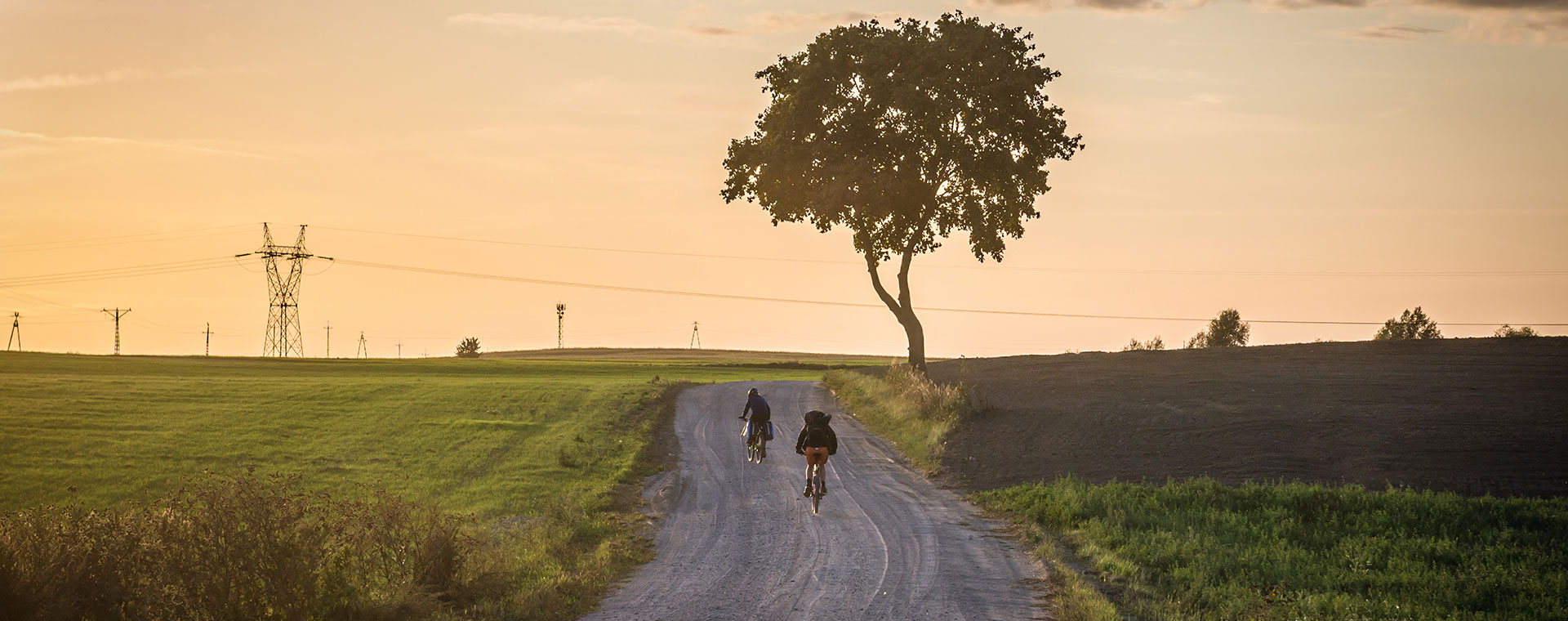Interview
Access
‘Daily mobility is the top priority’: an interview with Transdev Group CEO Thierry Mallet
-
Thierry Mallet
Chairman and Group Chief Executive Officer of Transdev

The Mobility Times: Why is mobility in rural areas and regions outside of major cities a priority for you?
Thierry Mallet: Today the main topic is not really city centers where we have developed a very efficient system. The priority is to look at the outskirts, the suburbs and especially rural areas around the big cities.
In France, 50 percent of people live in low density areas, but they commute into large density areas, and the only solution for them is cars.
But many people don’t have a car. 25 percent of French people have had to turn down a job offer or training, because they cannot get to the place where the job is or where the training is provided.
So there is a clear priority to develop alternatives to cars in those areas. It could be trains, once you have more than 5,000 people along a given line or going to a given destination. But otherwise you can use express lines with coaches, or car sharing.
So are you saying that the future of mobility is based on social factors?
For me the priority of public transport in general is not climate change. It has always been social cohesion.
Clearly, public transport is a need because you can't move people around in cars in a city like Paris. You need mass transit.
On the outskirts today you can use cars. But cars are very expensive, a lot of people can’t afford them. For those people, you need to develop different solutions.
In a country like France, about one quarter of the population, 15 million people, are considered to be in a difficult situation when it comes to mobility. And we need to offer them alternatives to the car so they can find employment and go to work, they can receive the right training, or they can get basic services like access to healthcare.
Mobility is not simply about moving. It's about moving for a reason, to do something. And that's very important. And this question of cohesion is a top priority. If you do it well, you will decarbonize mobility. Because by sharing assets, by sharing cars, by sharing trains, by sharing coaches, you always reduce your footprint.
Is electric mobility the key to a sustainable future?
Electric mobility should not stand in the way of expanding the transportation supply. What we need first of all today is more shared mobility, and then we can make it more sustainable. For example, if you look at coach travel, you get 80 percent of the decarbonization benefits even with a diesel coach, and 100 percent with an electric one. We’ll move to electric solutions when they are available to everyone at a good price.
What are your ideas on financing the expansion of mobility?
It can be financed firstly, of course, by public authorities. We probably need more priority financing not in the major cities, but on the outskirts, in the suburbs, in rural areas. All the efforts should be concentrated on daily mobility, because that is where we have a social cohesion emergency.
Secondly, we should also use fares. You can ask people to pay more because there is such a great gain when you can give up your car, when you can take public transport instead. Today many people can’t give up their cars because there is no alternative on offer. At the same time, with reduced fares we can protect people in need.
Almost nobody refuses to take public transport because it is too expensive. By increasing fares, you can provide a better service for more people, which is a top priority.
So daily mobility is key to the future?
For me that’s the top priority. Long distance is important, but today the priority is short distance mobility. It's daily mobility.
-
 Interview
Design
Interview
Design
How does architecture interact with mobility in our cities?
Madeleine Masse, Founder and President of Atelier Soil
-
 Interview
Design
Interview
Design
How can we reinvent mobility?
Arnaud Passalacqua, Professor at the Paris School of Urban Planning
-
 Insights
Design
Insights
Design
Mobility of tomorrow and urban design: do citizens have a say in what their cities look like?
Edith Maruéjouls, Founder of the Design Office L'ARObE
A city that adopts an inclusive approach to urban planning is one that rethinks the status of women and the gendered nature of public spaces. -
 Insights
Design
Insights
Design
Urban design and the mobility of tomorrow: do citizens have a say in what their cities look like?
Lior Steinberg, Urban planner and cofounder of Humankind
I believe that, in tomorrow’s world, cars will have retreated from our cities. -
 Interview
Decarbonization
Interview
Decarbonization
How will rural areas adapt to the shift towards carbon-neutral mobility?
Caulfield Brian, Professor in transportation and Head of Department at Trinity College Dublin, Expert to the National Transport Authorithy (Ireland)

